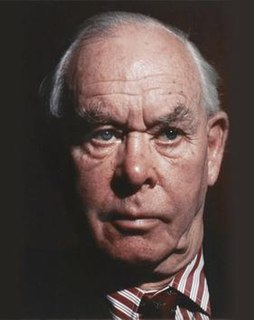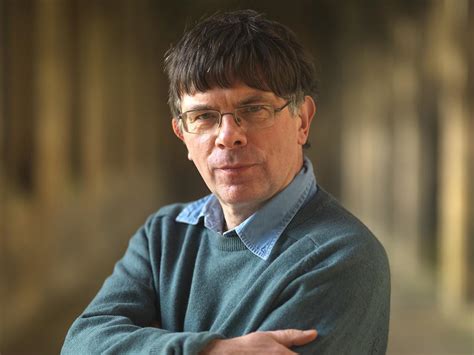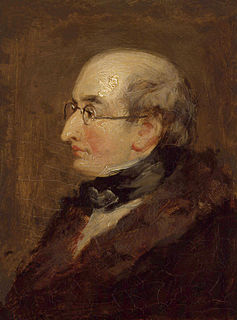A Quote by Edward Gibbon
There exists in human nature a strong propensity to depreciate the advantages, and to magnify the evils, of the present times.
Related Quotes
We do not rest satisfied with the present.... So imprudent we are that we wander in the times which are not ours and do not thinkof the only one which belongs to us; and so idle are we that we dream of those times which are no more and thoughtlessly overlook that which alone exists. For the present is generally painful to us.
Keynesian modelling relies on marginal propensity to consume and marginal propensity to invest. The idea that if we give more money to the poor, they have a propensity to consume that's much higher than the wealthy, though I wish they would talk to my wife about that; she seems to have a propensity to consume.
We mustn't be afraid of inventing anything...Everething there is in us exists in nature. After all, we're part of nature. If it resembles nature, that's fine. If it doesn't, what of it? When man wanted to invent something as useful as the human foot, he invented the wheel, which he used to transport himself and his burdens. The fact that the wheel doesn't have the slightest resemblance to the human foot is hardly a criticism of it.
Nature is purposeless. Nature simply is. We may find nature beautiful or terrible, but those feelings are human constructions. Such utter and complete mindlessness is hard for us to accept. We feel such a strong connection to nature. But the relationship between nature and us is one-sided. There is no reciprocity. There is no mind on the other side of the wall.
A kernel of truth lurks at the heart of religion, because spiritual experience, ethical behavior, and strong communities are essential for human happiness. And yet our religious traditions are intellectually defunct and politically ruinous. While spiritual experience is clearly a natural propensity of the human mind, we need not believe anything on insufficient evidence to actualize it.






































